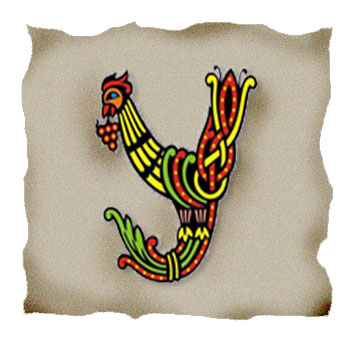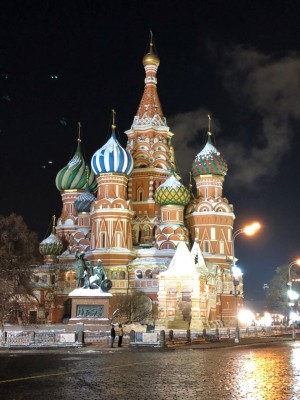We often get requests for intensive Russian courses. The word “intensive” appeals to the modern mind: quick, efficient, result-oriented. But I think there is a lot of misunderstanding of this term, especially on the part of our potential students.
What does the term “intensive” mean?
Intensive is not synonymous with effective or efficient. Neither does it guarantee a quick result without serious homework and an active approach to studying. What it means is that, as a student, you would have to dedicate three to five times more time and energy to learning a language, compared to extensive courses. That means: study and practice every day, strong motivation and a tight time frame. It can be very effective for some people (usually, experienced linguists), but it doesn’t suit everyone. It can even be stressful rather than enjoyable.
Why gradual step-by-step language learning is preferable
I keep repeating to potential students that it’s much better to learn a language gradually, bit by bit, over a long period of time, rather than have one huge blast of 20 hours per week. You need time to process the information, to soak in the spirit and the mechanics of the language. It’s not a one-off task, like running a long distance in one go!
Also, learning a language goes hand in hand with understanding the country and the people who speak it, it’s like acquiring a different personality. We know that speaking Italian, for example, is practically impossible without the characteristic Italian gestures, dramatic exclamations, fast tempo of speech – everything that creates the authentic image. Russian, in contrast, is slow flowing, substantial, not supported by any gesturing. It is also very expressive and poetic. Much better suited for literature and poetry than for business. But being in a rush and trying to cram in hundreds of words and grammar rules, a learner would not even have a chance to notice such things!
Language schools, of course, like to run intensive courses: it means booking a lot of hours and therefore increasing the income. And so do we, for the same obvious reason. But a professional and caring teacher would always tell a student honestly whether an intensive course is suitable and beneficial for them.
Beginner Intensive course schedule and recommendations
I would not recommend a properly intensive course for a beginner at all (unless it’s necessary due to urgent circumstances), because having too much information to be processed within a short time can be stressful and counter productive. What you (and we teachers!) don’t want to end up with is a huge mess in your head that in Russian we call KASHA (porridge) of rules, words, texts. For a beginner intensive course, I would suggest a schedule with 3 lessons per week (6 hours), with at least a day and a home task in between. That would be a realistic ‘work load’ even for a non-linguist and a complete beginner in Russian.
However, doing more than 6 hours per week is not a bad idea for a refresher course, or for someone at the intermediate or advanced level, but only if a quick boost of confidence and practice is necessary. Otherwise an extensive course would be better.
The importance of continuity
Another important consideration: as we know, anything learned quickly can easily be forgotten quickly. So an intensive course should always be followed up by an extensive one, or some language practice, or living/working/socialising with the native speakers of your target language. Otherwise, the knowledge acquired in the intensive course (especially at the beginner level) will become passive and eventually will be forgotten.
Learning a new language is a journey… it takes time
I always laugh when I see advertisements on line saying things like “Our new proven methods will help you learn English/Russian/ whatever language in three weeks!” I wish it were possible… As a lover of languages, I would love to learn French or Italian in three weeks (or even months). But it’s absolutely impossible. Would you believe a builder who says “I will build you a house in three weeks, using my new proven methods”? I wonder what kind of house that would be…
So whatever advertising sometimes tells you, you cannot learn a language in two or three weeks, even in a super intensive course. You can only make a start, or an improvement. Learning a foreign language is often a task of a lifetime, or at least for a few years, tackled little by little. The best linguists will tell you that. And we would be delighted to help you at any stage on this exciting and rewarding journey.




